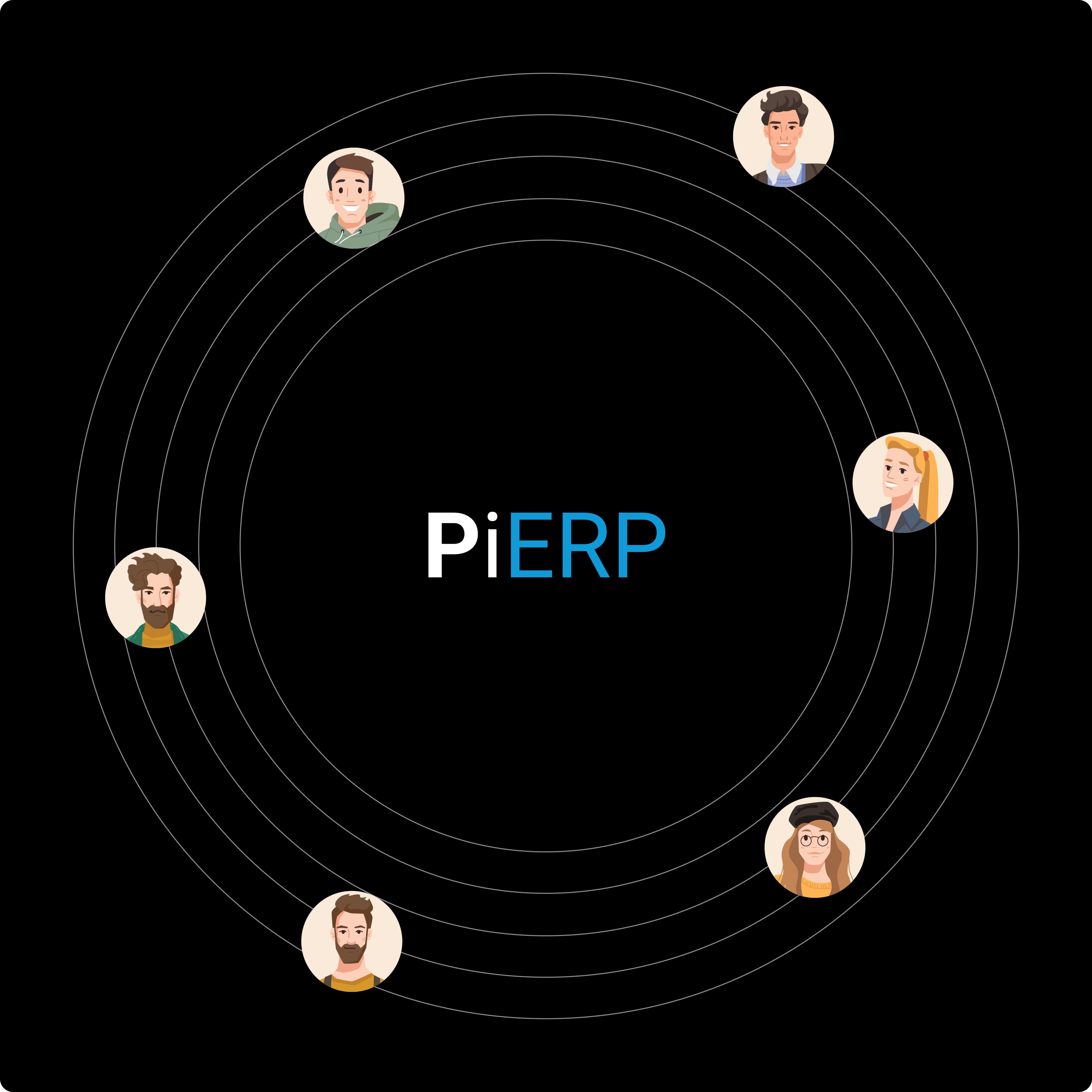Enterprise Resource Planning (ERP) solutions are comprehensive software platforms that integrate various business processes into a single, cohesive system. These systems are designed to streamline operations, enhance efficiency, and provide real-time insights into business activities. To achieve these goals, ERP systems comprise several fundamental modules, each targeting specific business functions. Understanding these core modules is essential for any organization considering the implementation of an ERP system. This article will explore the primary modules typically found in an ERP system and their significance.
1. Financial Management
This part of the ERP system, often referred to as ERP accounting software, acts as the company’s financial hub. Key features include:
- General Ledger: Keeps track of all the company’s financial transactions.
- Accounts Payable: Manages the money the company owes to suppliers.
- Accounts Receivable: Keeps track of money coming in from customers.
- Budgeting and Forecasting:Helps plan the company’s financial goals and predict future finances.
- Financial Reporting: Creates reports and statements about the company’s finances.
2. Human Resource Management (HRM)
The ERP HR module handles all aspects of employee management. It automates and simplifies tasks related to hiring, managing, and paying employees. Key features include:
- Recruitment:Handles job postings, tracking applicants, and hiring new staff.
- Payroll:Calculates salaries, taxes, and pays employees automatically.
- Time and Attendance: Keep track of when employees work and take time off.
- Performance Management:Reviews employee performance and manages feedback.
- Training and Development:Plans and tracks employee training and growth.
3. Supply Chain Management (SCM)
SCM manages how goods and information flow through the company. It aims to make things more efficient and reduce costs. Key features include:
- Procurement:Manages buying goods and services from suppliers.
- Inventory Management: Keeps track of stock levels, orders, and movements.
- Order Management:Handles processing and tracking of customer orders.
- Logistics and Distribution: Manages shipping and delivery of products.
- Supplier Relationship Management:Maintains and improves relationships with suppliers.
4. Manufacturing
This part is crucial for companies that make products. It helps plan and manage the manufacturing process. Key features include:
- Production Planning:Plans what needs to be made and when.
- Bill of Materials (BOM):Lists all the materials needed to make a product.
- Shop Floor Control:Monitors what’s happening on the production floor.
- Quality Control:Ensures products meet quality standards.
- Maintenance Management:Keeps equipment and machines in good working condition.
5. Customer Relationship Management (CRM)
CRM ERP Software focuses on managing interactions with customers and improving their experience. Key features include:
- Sales Management:Manages the sales process from finding leads to closing deals.
- Customer Service: Handles customer questions, complaints, and support.
- Marketing Automation:Manages marketing campaigns and customer outreach.
- Contact Management: Keeps a record of customer contact details and interactions.
6. Project Management
This part helps plan and track projects to make sure they are completed on time and within budget. Key features include:
- Project Planning:Sets goals, timelines, and resources for projects.
- Task Management: Assigns tasks, tracks progress, and manages dependencies.
- Resource Management:Manages resources needed for projects.
- Budget Management: Keeps track of project costs and budgets.
- Reporting and Analytics:Provides updates on project performance.
7. Warehouse Management
Warehouse Management deals with everything that happens in the warehouse. It helps manage how inventory is stored, picked, packed, and shipped. Key features include:
- Inventory Tracking:Monitors the movement and storage of goods in the warehouse.
- Order Fulfillment:Manages picking, packing, and shipping of orders to customers.
- Warehouse Layout:Organizes warehouse space for efficiency.
- Stock Replenishment:Automatically orders more stock when it runs low.
- Barcode/RFID Scanning: Uses technology to track inventory accurately.
8. Sales and Distribution
The Sales and Distribution module manages the entire sales process, from order creation to delivery. It helps in optimizing sales operations and improving customer satisfaction. Key features include:
- Order Processing:Manages the creation, tracking, and fulfillment of sales orders.
- Pricing Management:Handles pricing strategies, discounts, and promotions.
- Shipping and Delivery:Manages the logistics of delivering products to customers.
- Returns Management:Handles the process of product returns and exchanges
Conclusion:
ERP systems are powerful tools that integrate various business processes into a single platform, enhancing efficiency, accuracy, and decision-making. The fundamental modules of an ERP system, including Financial Management, HRM, SCM, Manufacturing, CRM, Project Management, Warehouse Management, BI, and Sales and Distribution, work together to streamline operations and provide a comprehensive view of the organization's activities. By understanding and effectively utilizing these modules, organizations can achieve better coordination, improved performance, and a competitive edge in the market.






